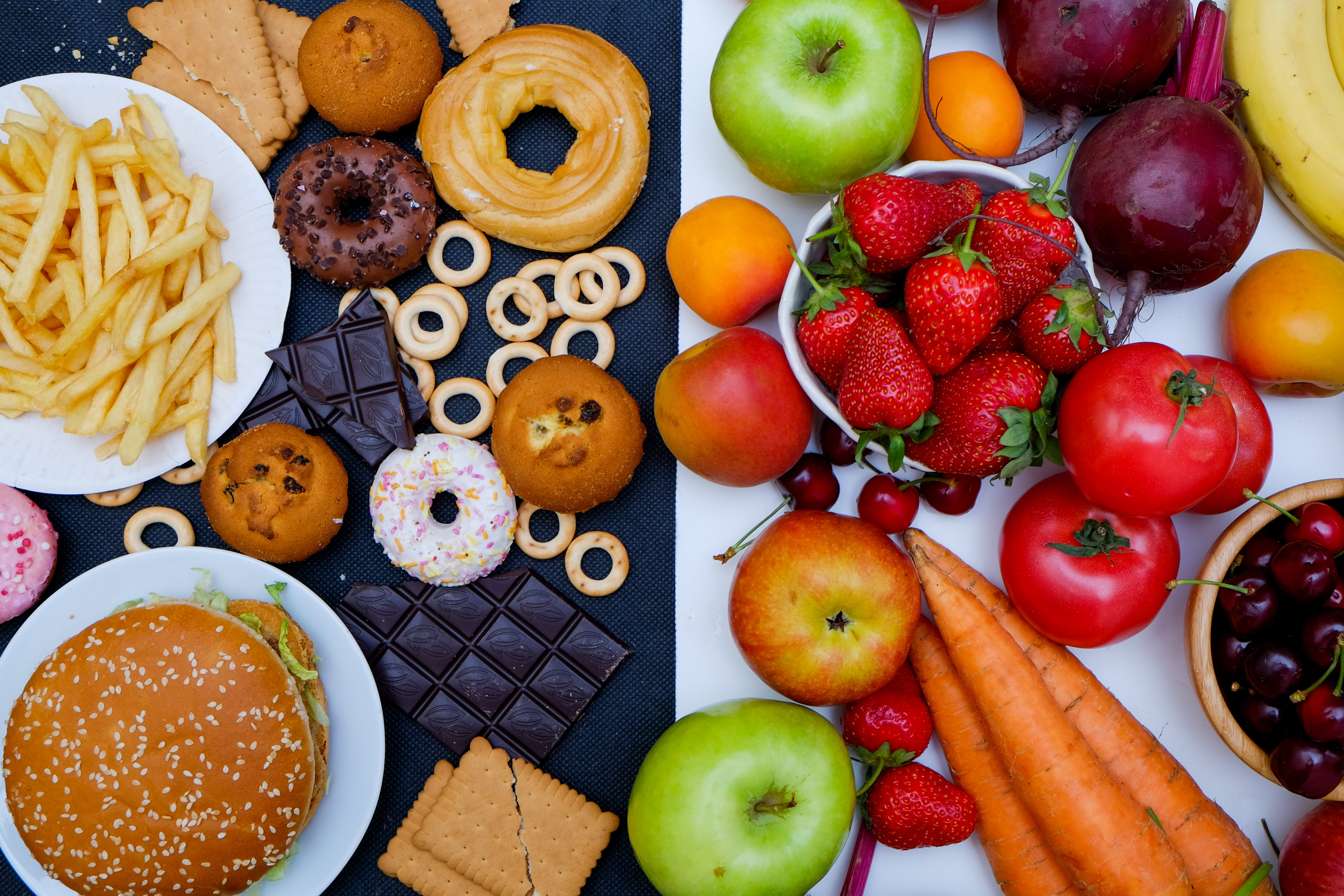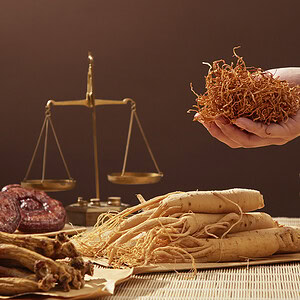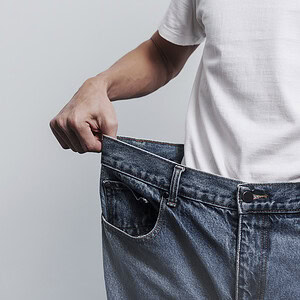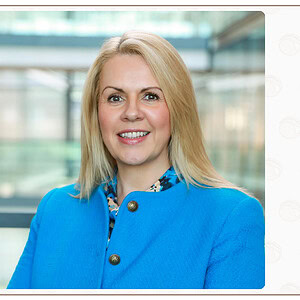Could balancing insulin and blood sugars – even when we aren’t diabetic – be the key to beating chronic disease and obesity?
“Insulin resistance is the epidemic you’ve never heard of,” writes scientist and researcher Benjamin Bikman, PhD, in his 2021 book Why We Get Sick.
Insulin resistance may be the primary cause of obesity – not overeating. One recent study lay the blame for obesity on excessive consumption of rapidly digestible carbohydrates, causing changes to the hormone insulin, changing metabolism, and driving fat storage, weight gain and obesity.
Rather than focusing on how much we’re eating, could focusing on insulin be the key to losing weight?
What is insulin resistance?
Insulin is a vital hormone that gets rid of sugar in our bloodstream after we eat. Like a lock and key, sugar (glucose) in the blood tries to get into the cell, but to get inside it needs insulin.
What if you have too much sugar in your bloodstream? Then, cells become resistant to insulin — think of the keyhole getting rusty through over-use. The pancreas has to pump out more to try to get the cells to unlock, elevating insulin levels.
Insulin resistance is a spectrum. Over time, more cells may become resistant until the pancreas can no longer produce enough insulin to overcome this. The result is type 2 diabetes.
Whilst not all of us might be diagnosed as diabetic, Bikman’s book asks whether many of us are somewhere on this spectrum, and if this is driving chronic disease.
Does diabetes cause Alzheimer’s?
“[People] die from the diseases that insulin resistance is causing,” Bikman says. “Alzheimer’s disease, heart disease; those are the complications that are arising from the insulin resistance, which ultimately prove lethal.”
Research is beginning to recognise the role of insulin resistance in neurological decline. Some scientists have referred to Alzheimer’s as ‘type 3 diabetes’ because of the way insulin dysregulation affects the brain.
“Insulin does something different in all regions of the brain,” says Bikman. “In the case of the hippocampus, that’s quite catastrophic because [insulin resistance] starts to promote the worsening of memory and learning; in other words, dementia or Alzheimer’s disease.”
Low carb diet
For those of us who want to avoid insulin resistance, the most obvious route would be to start with diet and weight. Yet Bikman says there are “multiple stimuli” that can lead to insulin resistance, including inflammation, stress, sleep deprivation and eating a diet high in refined carbohydrates, energy and sugar.
Dr David Unwin is a GP from Merseyside, whose practice saves £58,000 a year on its drug budget for type 2 diabetes alone. How? Patients are given a choice; start lifelong medication right away, or change their lifestyle with his support.
“Since I’ve offered people the choice, not a single patient has asked for the medication,” he says.
It all started with a single patient.
“Quite against my advice,” he says, “she went on a low carbohydrate diet. Her blood sugar normalised and I didn’t realise but she wasn’t taking her [medication].”
Reversing type 2 diabetes
In 2013, Unwin, his wife and 18 of his patients embarked on a low carb diet. The results were “absolutely astonishing”: improvements in blood pressure, liver function, cholesterol, and triglycerides. Of his type 2 diabetic patients, 21% reversed the condition.
Unwin sees this high protein, medium fat approach as a permanent lifestyle, not a temporary diet.
He encourages his patients not to count calories or weigh food, but to replace starchy carbs with lots of vegetables, meat, fish and full fat dairy. The result is “people are not hungry” but they are losing weight.
Bikman also follows a low carb diet, saying: “I want to keep my mind sharp, my bones and muscles strong, and I want to stay lean. And thus I follow a low carb diet, not because I want to correct a problem, but because I want to prevent it.”
Glucose intolerance
But Bikman and Unwin both emphasise that diet is personal. Unwin has friends in their nineties “who eat cake and they’re absolutely fine and still insulin sensitive”, whilst Bikman admits he “could push it [with carbs]” a little more than he does.
In fact, Bikman hypothesises that glucose tolerance is similar to wheat or dairy tolerance, with different people being able to tolerate different amounts.
To work out how ‘glucose tolerant’ you might be, family history can be a good place to start.
“If you have family members with obesity, high blood pressure, fatty liver or diabetes, then maybe you might be vulnerable,” says Unwin. “Each of us should see ourselves as a lifelong experiment. Diet is individual. I know that if I eat bread or cereal then my blood sugar goes up far more than [my wife’s].
Does when we eat affect blood sugars?
Another factor that can influence insulin sensitivity is when we eat. Because of constant access to food, “people are living every waking moment and every non waking moment in a state of elevated insulin,” says Bikman.
Ideally, we should eat earlier in the day, Bikman says, shifting our eating window to breakfast and lunch, and fasting or eating less throughout dinner and the evening.
He also recommends eating less frequently and controlling your carbohydrates whilst focusing on protein and fat.
A long and healthy life
Given the general state of health in the west, however, “statistically,” writes Bikman in Why We Get Sick, “you or your loved ones are insulin resistant, and if you/they aren’t yet, they may soon be.”
The good news is you don’t need to wait to make a change. It’s increasingly evident that it’s not all about calories, and not all foods are created equal.
As Bikman says: “When it comes to our health and our efforts to live a long and healthy life, it’s time to let data, not dogma, dictate our decisions.”
What to do:
- Consider reducing your intake of starchy carbohydrates.
- Eat at mealtimes, rather than constantly snacking.
- Adapt your diet to you and your body. Enjoyed this article?






